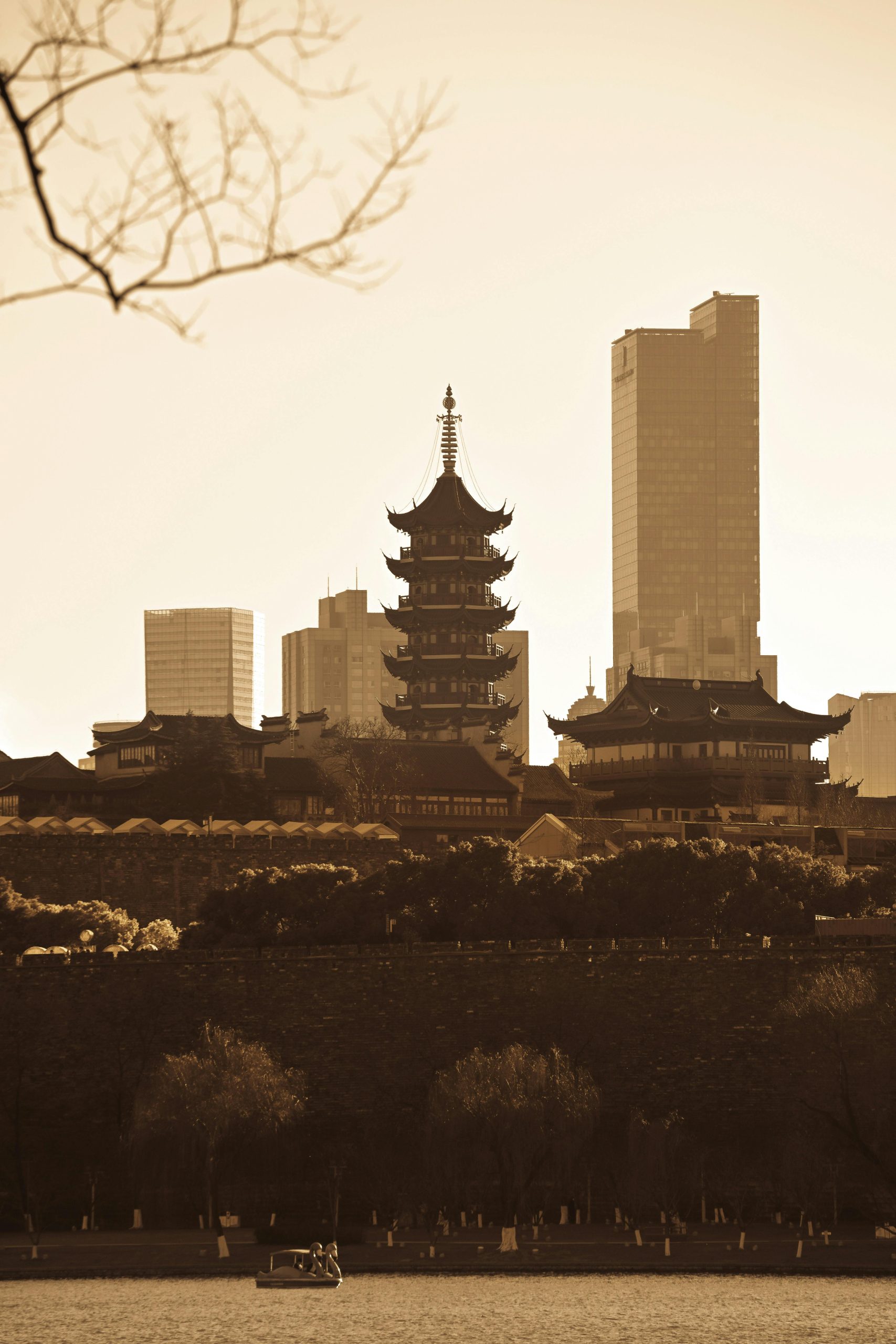In Japan, a widely accepted norm that might seem unusual or even peculiar to the rest of the world is the practice of wearing surgical masks in public spaces. This behavior is not limited to preventing the spread of illness but is also a courtesy to others when someone is feeling under the weather or is experiencing allergies. Mask-wearing has become a cultural habit ingrained in daily life, and it reflects a deep-rooted societal emphasis on collective responsibility and consideration for public health.
Historically, this practice gained prominence during the 20th century, particularly after the Spanish flu pandemic and during periods of increased air pollution or pollen counts. Unlike in many Western countries where face masks were primarily deemed necessary only for healthcare settings until the COVID-19 pandemic, in Japan, they were already a regular sight in public, especially during flu season or on crowded transportation systems.
Moreover, this norm extends beyond health considerations. Masks can be used for modest privacy, such as when individuals do not wish to engage in conversations, or even as a fashion accessory, with various styles and colors available to match personal tastes. This multifaceted utility of masks illustrates the Japanese preference for maintaining harmony and minimizing disturbances in communal spaces, highlighting how cultural norms can be shaped by practicality, tradition, and a collective sense of duty.



